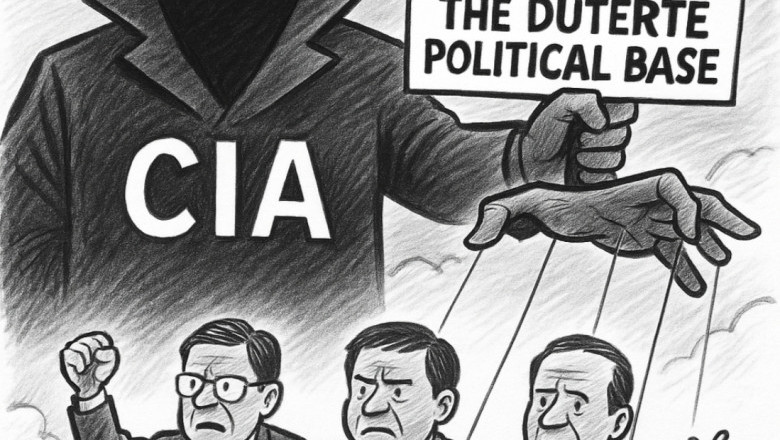
views
A confidential Internal Analytical Report dated October 10, 2025, obtained by this publication, alleges that a coordinated campaign is underway to politically neutralize the Duterte family before the 2028 elections.
The report, citing internal communications and foreign liaison patterns, claims that this campaign is being steered — directly or indirectly — by the United States Central Intelligence Agency (CIA).
At the heart of the operation is what analysts call a “Unified Front” — an unlikely coalition of the Liberal Party (LP), Pink movement loyalists, left-leaning blocs such as Makabayan, Akbayan, and Sanlakas, and even certain technocrats aligned with the Marcos Jr. administration.
These groups, though divided by ideology and history, are allegedly united by a common goal -- to dismantle the political influence of the Dutertes in both Davao and the national stage.
The report’s blunt description of the mission says it all:
“Panagutin si Digong at Sarhan si Sara sa 2028.”
(Hold Digong accountable and shut Sara out by 2028.)
It is a chilling declaration of intent — a promise that the next great Philippine political war will be fought not through the barrel of a gun, but through narratives, networks, and the strategic manipulation of public sentiment.
The CIA’s Old Blueprint in a New Battlefield
To understand this unfolding operation, the report situates it within a familiar historical framework — the long shadow of American “soft power” over Philippine politics.
From the post-war birth of the Liberal Party in 1946, which was nurtured under U.S. influence, to the creation of the Mutual Defense Treaty and the Enhanced Defense Cooperation Agreement (EDCA), Washington’s hand has long guided Manila’s political evolution.
But the methods have changed. Instead of coups and revolutions, modern influence operations thrive in the shadows of journalism, advocacy, and “civil society.”
During the Cold War, the CIA covertly financed publications, labor unions, and student organizations to promote “democratic” values favorable to U.S. interests. Today, the tools are subtler but no less potent. Grant funding, NGO partnerships, and coordinated messaging disguised as independent civic engagement.
As the report warns, “The CIA no longer needs to topple governments — it only needs to control narratives.”
The “Unified Front” strategy mirrors these tactics almost exactly. It is a psychological war wrapped in moral language — accountability, human rights, democracy — where the battlefield is public opinion and the weapons are stories, symbols, and slogans.
The Making of a ‘Unified Front’
By mid-2023, an unlikely coalition began to coalesce around a shared goal which is to weaken the Duterte stronghold ahead of 2028. According to the report, five primary clusters drive this movement.
First are the Liberal Party and the Pink Movement, seeking political resurrection after back-to-back electoral defeats. Their networks allegedly enjoy indirect logistical support from U.S. intermediaries and affiliated think tanks.
Second are progressive blocs — Makabayan, Akbayan, Sanlakas — whose activities, the report claims, have been “co-opted through international grant channels” linked to USAID and the National Endowment for Democracy (NED).
Third, civil-society and media networks now act as the moral vanguard, amplifying human-rights and corruption issues that consistently target the Duterte bloc.
Fourth, certain Marcos-aligned technocrats have quietly tolerated, if not encouraged, this trend — seeing in it a convenient means to neutralize potential rivals from the South.
Finally, a web of foreign-funded NGOs provide the operational backbone — facilitating training, communications, and “democracy assistance” programs that mirror U.S. geopolitical agendas in Asia.
Their guiding document, ominously titled “Campaign Plan Demanding Accountability and Justice from the Dutertes Leading to 2028 Elections,” outlines synchronized legal, media, and parliamentary efforts — each reinforcing the others under a unified theme of “justice and reform.”
The Playbook in Motion
Since 2024, this framework has manifested through a series of high-profile developments: renewed calls for international prosecution over the Duterte-era drug war; sensationalized coverage of Vice President Sara Duterte’s ₱125-million confidential funds; and congressional inquiries into Rep. Paolo Duterte’s ₱51-billion allocations. Even talk of a potential impeachment has been floated by groups branding themselves as reformists.
Individually, these events may appear spontaneous. But, as the report contends, taken together they reflect the hallmarks of a coordinated influence campaign — “independent actors moving in a shared rhythm.”
A Marriage of Convenience, Not Ideology
The emerging anti-Duterte alliance, the report observes, is less an ideological movement than a pragmatic convergence of interests.
The Liberals seek redemption and restored access to power. The Left seeks renewed relevance — and funding. The pro-Marcos establishment sees an opportunity to remove a formidable political rival from Mindanao.
“The only thing uniting them,” the analysts write, “is the shared goal of ending Duterte influence.”
Yet beneath this veneer of unity lies deep contradiction. The same Left that once denounced imperialism now finds itself aligned, even unwittingly, with the mechanisms of foreign intervention it once opposed.
The same Liberals who decried red-tagging now share common cause with radicals they used to vilify. It is, in short, a marriage of convenience, one that may implode once its common enemy is gone.
The Real Stakes: Sovereignty and Stability
The broader danger, the report warns, is not merely political but national. If indeed this coalition operates under a U.S.-aligned influence framework, the implications for Philippine sovereignty are profound.
By turning legitimate causes — anti-corruption, transparency, justice — into tools of foreign policy, the country risks surrendering control over its own democratic discourse.
“Once institutional neutrality is compromised,” the report cautions, “the erosion of sovereignty will follow.”
Mindanao, the Duterte family’s bastion, becomes the prime target not simply because of politics, but because of what it represents — a region that has, for decades, resisted both Manila’s oligarchic grip and Washington’s strategic reach.
The Battle for the Narrative
In the end, this is not merely a clash between political families or party lines. It is a struggle for control over the Filipino mind — a silent war fought in newsrooms, classrooms, and social media feeds.
If the findings of the Internal Analytical Report hold true, the Philippines stands on the edge of a new kind of colonization — one that wears the face of democracy while quietly engineering consent.
The CIA, whether directly involved or merely echoed through its old networks, has once again found a battlefield where the enemy is not an army, but awareness.
The real fight, then, is for the narrative itself. For in a nation where perception defines truth, whoever controls the story controls the state.
And if the “Hidden Hand” has already begun to write that story, the question every Filipino must now ask is this: Who, really, is holding the pen?
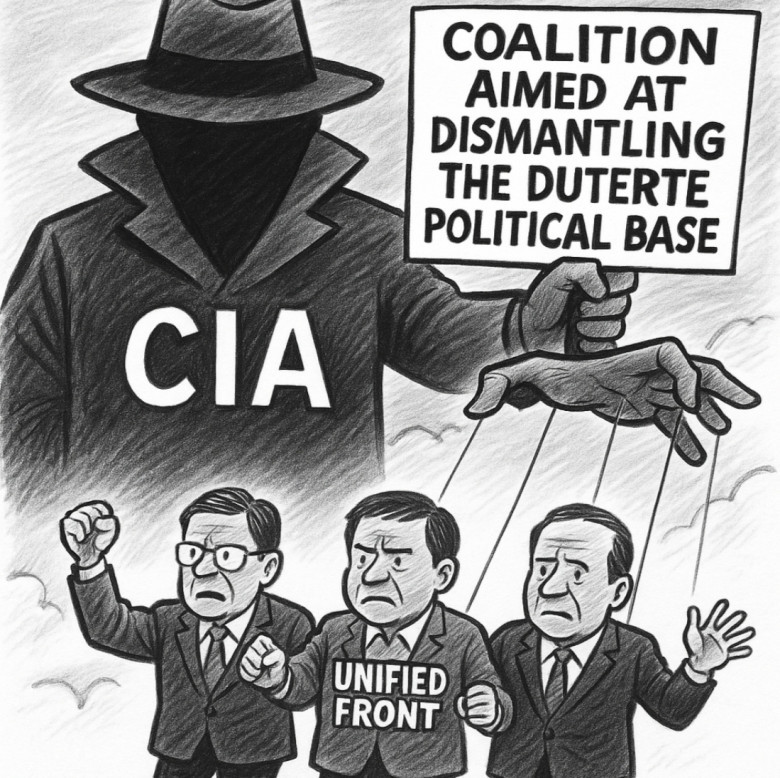











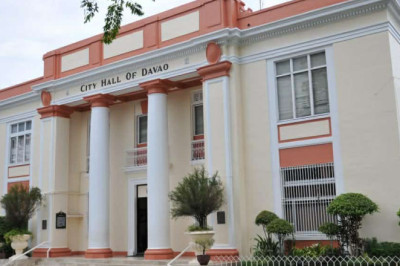
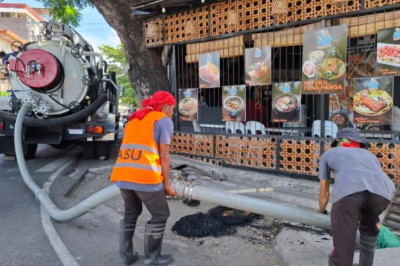
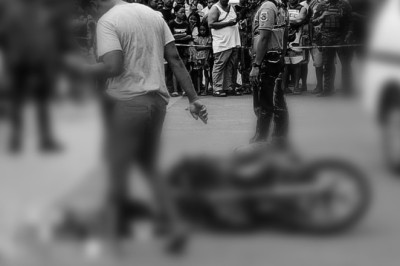

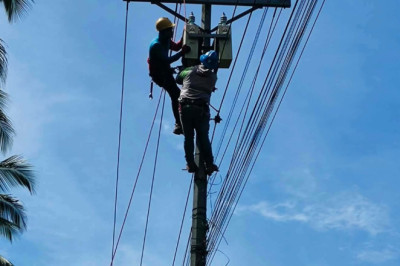


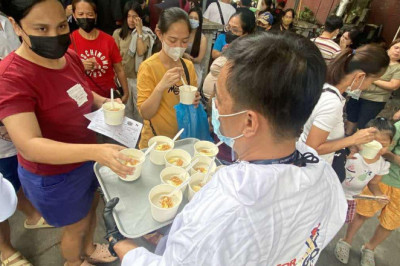

Facebook Conversations